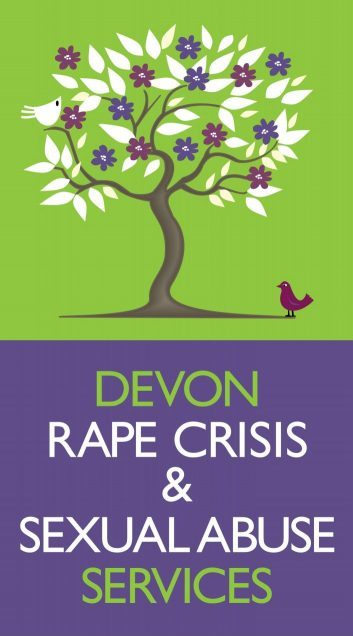Every survivor of sexual violence knows that victim blaming is a ‘thing’. But when a senior government minister – the Attorney General no less – equates a man watching porn openly on his phone in the House of Commons with a woman taking a selfie, we have a serious problem.
And even more so when you realise the Attorney General is a woman.
There is no doubt that a culture of misogyny runs deep in this country. We see it in our schools, universities and workplaces, we see it in pubs and clubs and yes, we see it in the very place where people are rightly expected to behave to a higher standard – in our own parliament.
That anyone could watch pornography in the House of Commons and not immediately be expelled is astonishing – it wouldn’t be tolerated in many workplaces. Yet the arcane rules governing the employment of MPs means it is impossible to sack them – so the feeling of invincibility is hardly surprising.
But what does this kind of behaviour do to the morale of people who are working every day to try and change a dangerous, misogynistic culture that saw over 63,000 people raped last year?
If our Attorney General, Suella Braverman, doesn’t realise the implications of normalising porn when only one in 100 rapes reported to the police results in a charge, then there is little hope for campaigns to try and end violence against women and girls.
We need to get real about pornography. Gone are the days when looking at porn involved photos of women in skimpy underwear. We are talking about what used to be referred to as ‘hard-core porn’.
Now available for free, on any mobile phone and with a quick Google search, are violent, degrading and extreme porn films.
In an analysis of the best-selling and most rented porn films, 88% of analyzed scenes contained physical aggression including gagging, strangulation, spanking and slapping.
“In the absence of comprehensive, competent sex education, porn serves as the major form of sex ed for millions of kids. And what are kids learning? That degradation, humiliation, and violence are central to relationships, intimacy, and sex,” says Culture Reframed, an organisation that works to raise awareness of the dangers of porn and promote social change.
“Porn is radically undermining the healthy development of children and youth, and contributing to increasing levels of sexual inequality, dysfunction and violence,” they say.
Porn has been likened to the public health crisis of the digital age and extensive research shows that it undermines the social, emotional, cognitive and physical health of individuals, families, and communities. Porn shapes how we think about gender, sexuality, relationships, intimacy, sexual violence and gender equality.
“But just as the tobacco industry argued for decades that there was no proven connection between smoking and lung cancer, so, too, has the porn industry denied the existence of more than 40 years of empirical research on the impact of its products,” says Culture Reframed.
They quote an analysis of 22 different studies carried out between 1978 and 2014 from seven different countries, which concluded that “pornography consumption is associated with an increased likelihood of committing acts of verbal or physical sexual aggression, regardless of age”, and “an overall significant positive association between pornography use and attitudes supporting violence against women”.
There can be no doubt that pornography influences attitudes towards women, and shapes expectations of physical relationships. It colours the way adolescents view sex and what they see as a ‘normal’ sexual encounter, or what is expected of them.
Pornography, and the extreme versions of it that are widely available, is damaging to society and dangerous for women.
In my view, as Chief Executive of Devon Rape Crisis and Sexual Abuse Services, there can be no excuse for anyone watching porn in any public space or workplace – especially in the House of Commons. It is degrading and offensive and anyone caught doing so should be heavily sanctioned.
Pornography is the elephant in the room when it comes to the culture of sexual violence that our children are growing up in.
I’ve heard many politicians say this week that ‘sunlight is the best disinfectant’. So let’s shine a light on the porn industry. Let’s be brave enough to talk about the reality of what is happening and start to address it with vigour and courage – regardless of how rich, or powerful, or well-connected the owners of the porn sites happen to be.
It’s way past time that we started to turn this vile and dangerous tide – and it starts at the top.
